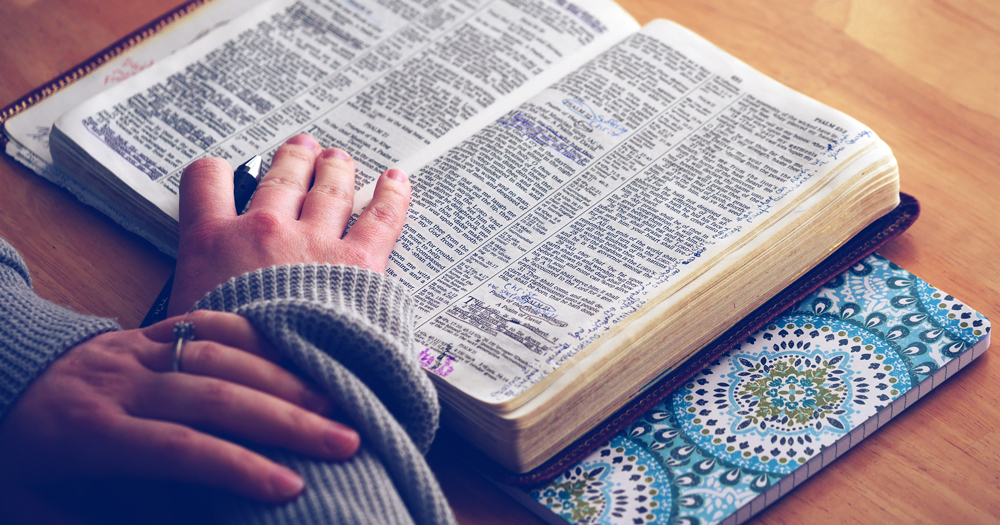Each language contains various nuances that have transformed over time to reflect the changes within society. In this way, the dictionary is a tangible measure taken to preserve and validate the individual words of a language. In a historic effort, a French dictionary has used this textbook of words as a catalyst to further normalise a gender neutral pronoun.
The addition of the gender neutral pronoun, iel, to France’s Le Robert, considered the authoritative single-volume dictionary of the French language, is a crucial step towards normalising the usage of accurate pronouns within society. As opposed to the existing gender specific pronouns, il and elle, iel combines the words for “he” and “she,” and is defined in the dictionary as a third-person pronoun in singular form that could refer to a person of any gender.
Iel is popularly used within the LGBTQ+ community of France in recent years. In a statement issued by the dictionary’s direction, Charles Bimbenet explained that researchers from Le Robert noticed “an increasing usage” of the third-person pronoun in “a large body of texts drawn from various sources.”
Importantly, Le Robert is used as a textbook within schools. By including iel and its definition within the dictionary, school children will be educated upon proper usage of pronouns, possibly propelling an advancement in the inclusivity of gender fluidity.
Often, change, even positive, is met with resistance. For France, the fight for a more gender-inclusive language is a battle fought by LGBTQ+ and feminist activists for many years. With the constraints of a language that has been structured under strict masculine-feminine grammar, the backlash this addition has received reflects a deeper issue within France of failure to recognise the validity of the autonomy of non-binary people to define their own identity.
In defence of the decision, Bimbenet said, “The mission of the [dictionary] is to observe the evolution of a French language in flux…Defining the words that describe the world helps us to better understand it.”
Despite criticism, the step taken to add validity to the gender neutral pronoun by enshrining it in the country’s main dictionary is a historic step in France towards developing a language that more accurately represents all people that use it. Often, the gatekeepers of a language do not meet the needs of a society’s linguistic advancements for minority groups. Conversely, the action taken by Le Robert serves as an example of linguistic gatekeepers accurately reflecting the advancing society.
This, in turn, will hopefully increase the number of institutions and people of every language that use proper pronouns reflecting an individual’s identity.
© 2021 GCN (Gay Community News). All rights reserved.
Support GCN
GCN is a free, vital resource for Ireland’s LGBTQ+ community since 1988.
GCN is a trading name of National LGBT Federation CLG, a registered charity - Charity Number: 20034580.
GCN relies on the generous support of the community and allies to sustain the crucial work that we do. Producing GCN is costly, and, in an industry which has been hugely impacted by rising costs, we need your support to help sustain and grow this vital resource.
Supporting GCN for as little as €1.99 per month will help us continue our work as Ireland’s free, independent LGBTQ+ media.
